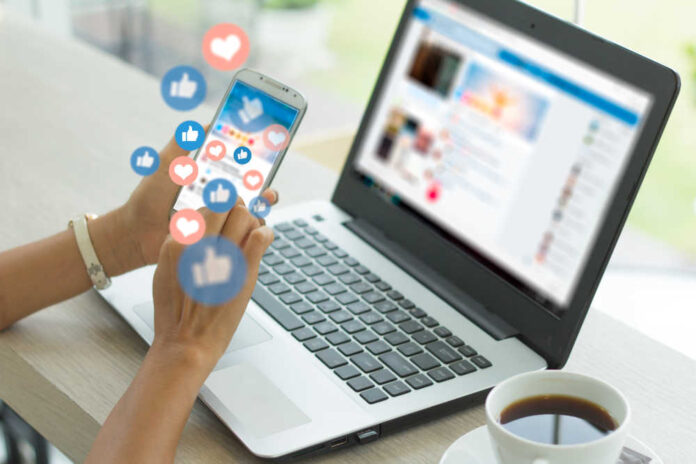
Anxiety is a common mental health disorder that can manifest in various forms, such as generalized anxiety disorder, panic disorder, and social anxiety disorder.
While you may already be aware of the more obvious triggers for anxiety, such as stress and trauma, some lesser-known triggers can also contribute to feelings of anxiety. Here are five shocking things that can trigger anxiety:
Caffeine
Caffeine is a stimulant that is found in many common beverages, such as coffee, tea, and soda. While it can temporarily boost energy and alertness, it can also increase heart rate, blood pressure, and anxiety levels. Caffeine can cause the release of adrenaline, which is the body’s “fight or flight” hormone, leading to feelings of anxiety and nervousness. If you are prone to anxiety, it may be worth limiting your caffeine intake or switching to decaffeinated options.
Lack of sleep
Getting a good night’s sleep is essential for your overall health and well-being. If you are not getting enough sleep, it can contribute to feelings of anxiety. Lack of sleep can cause an increase in stress hormones and a decrease in neurotransmitters that regulate mood, leading to increased anxiety. Aiming for 7-9 hours of sleep per night can help improve your mood and reduce anxiety.
Nutrient deficiencies
Certain nutrient deficiencies have been linked to increased anxiety, including:
● B Vitamins
● Vitamin C
● Vitamin D
● Magnesium
● Zinc
● Omega-3 Fatty Acids
These nutrients are involved in regulating mood and stress hormones, reducing inflammation, and ensuring healthy bodily functions.
Supplements can sometimes be used to help treat anxiety in people who have known deficiencies, but it is usually best to get your nutrition from whole foods. Eating a healthy diet consisting of an abundant variety of fruits and vegetables can generally give you all the nutrition you need to stay physically and mentally healthy.
Social media
While social media can be a fun way to connect and communicate with others, it can also have negative impacts on mental health. Seeing others’ highlight reels or comparing yourself to others online can increase feelings of anxiety and inadequacy. Taking regular breaks from social media and being mindful of the content you consume can help to reduce anxiety.
Lack of physical activity
Exercise has numerous physical and mental health benefits, including reducing anxiety. Regular physical activity can help to reduce stress hormones and increase endorphins, which are known as the “feel-good” hormones. If you don’t live a very active lifestyle, this is likely contributing to your anxiety. Aiming for at least 25 minutes of moderate-intensity activity per day can help to improve mood and reduce anxiety.
Anxiety is a complex disorder that can be triggered by a variety of factors. By being aware of these lesser-known triggers, you can take steps to reduce anxiety and improve your overall well-being. If your anxiety is preventing you from enjoying your life or meeting your responsibilities, seek support from a mental health professional.






















